Have you ever put a ring on your finger or your feet do not fit in your favorite shoes because they are swollen? This is swelling caused by fluid build-up in the body.
We learned the most common reasons for bloating and how to get rid of it.
Hormones
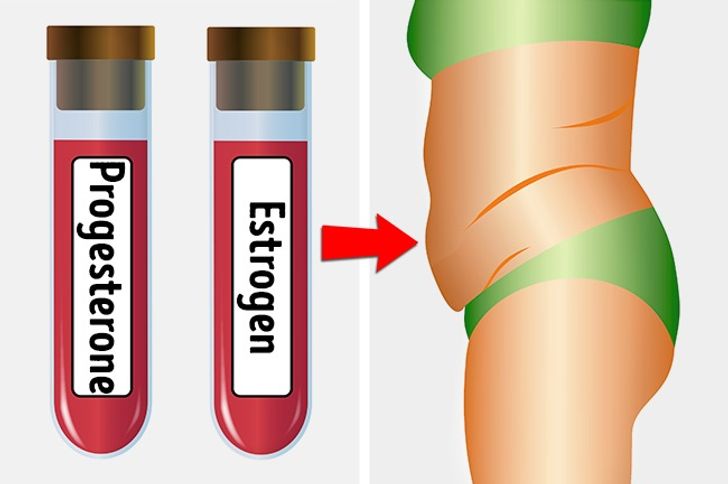
Hormonal failure is another reason for fluid build-up in the body. If you have swelling, leg swelling, or gain weight, it is more likely hormonal edema.
What you can do:
Change your diet: eat foods rich in protein and reduce the amount of sweet, spicy, and salty foods. Visit your endocrinologist or gynecologist, who will choose the treatment.
Kidney Diseases

The swelling that appears on the face mainly in the morning can mean kidney problems. Also, you may notice pain in your lower back and a change in the color of your urine.
What you can do:
Follow a diet. Sleeping on your back (sleeping on your stomach can cause swelling in the face). Visit a nephrologist.
Heart Disease
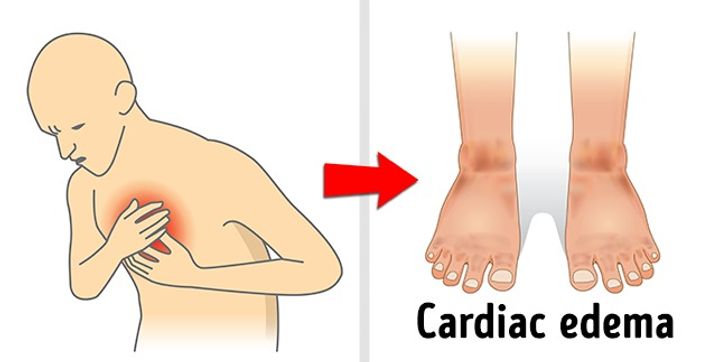
Swelling of the legs and abdomen may indicate heart disease if accompanied by chest pain, fatigue, or dyspnea.
What you can do:
Cardiac edema should not be treated at home. You must visit a cardiologist.
Medicines
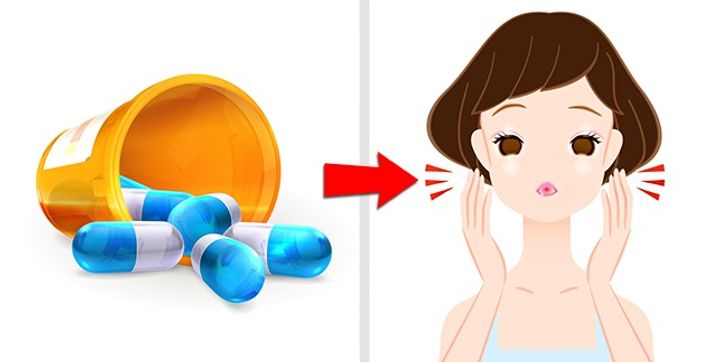
Swelling can occur as a result of taking certain types of medications, for example, antipyretics, pain relievers, or birth control pills.
What you can do:
If the medicine causes swelling, see a doctor. Perhaps it can be replaced by an analog that does not produce these side effects.
Lifestyle
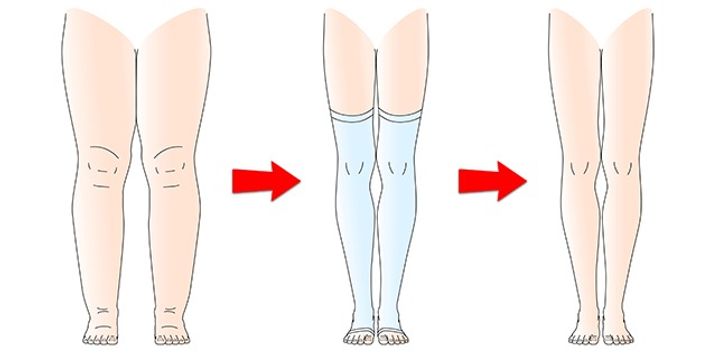
Those who spend most of the day standing or sitting may experience leg swelling.
What you can do:
People with sedentary work are advised to take regular breaks to get some exercise. It is also recommended to stop crossing your legs.
If you stand a lot during the day, take time to sit down, give yourself a self-massage, wear comfortable shoes, and compression stockings.
Dehydration
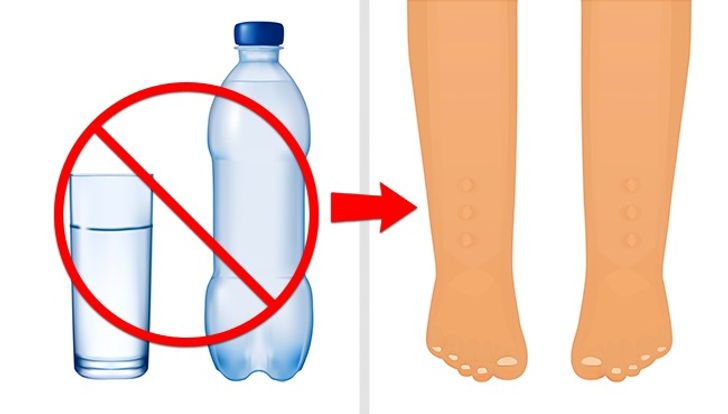
In the initial stage of dehydration, your body begins to accumulate fluid for later. As a result, your ankles, wrists, and lower abdomen can swell.
What you can do:
Drink at least 1.2 liters of water a day and avoid coffee, alcohol and soft drinks.
Remember that swelling does not always indicate a pathology and can even appear in healthy people in hot weather, due to uncomfortable footwear or after consuming large amounts of liquid and salty foods.
Preview photo credit depositphotos


